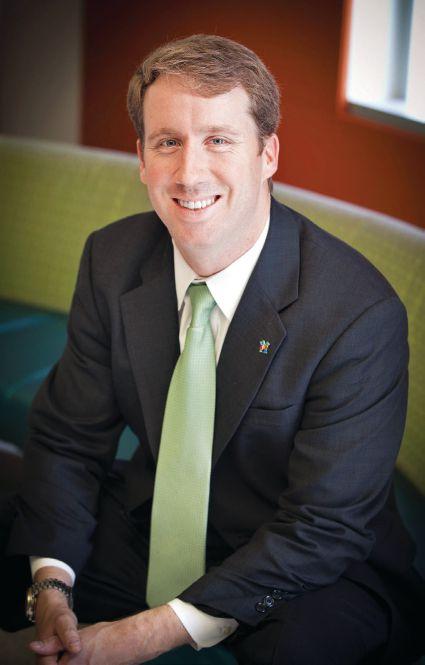
1 minute read
GEMMA Fund gift expands student efforts to prevent unsafe abortions
Global health professor Roger Rochat has committed to matching any gift—up to a total of $25,000—to support the Global Elimination of Maternal Mortality Due to Abortion (GEMMA) Fund. He and his wife Susan established the fund several years ago to support summer field experiences in developing countries, giving students access to research opportunities and encouraging publication of their findings.
Rochat hopes his challenge will increase the number of students who can participate in fieldwork and create more educational and teaching opportunities. In the long run, these efforts will help make abortion safer for women by reducing stigma and improving access to care.
“I value every contribution to the fund, and it gives me confidence that others will support this issue,” he says. “There’s no question that the GEMMA Fund has changed people’s careers and helped save women’s lives.”
In summer 2010, for example, Roula AbiSamra 06C 11MPH, Aimee
Leidich 11MPH, and two other Emory students traveled to Mexico to work with the National ProChoice Alliance to help its members address an anti-abortion backlash following the legalization of abortion in Mexico City in 2007. The students funded their work through the GEMMA Fund and the Emory Global Health Institute. Their goal: develop an advocacy framework that alliance members could use to gain wider acceptance of abortion. “The idea was to make recommendations to reduce stigma and isolation for women who have had or may need an abortion,” says AbiSamra.
Today, AbiSamra and Leidich work at the University of
California in San Francisco. Leidich is an analyst with the Global Health Science Prevention and Public Health Group, while AbiSamra is a project coordinator with Advancing New Standards in Reproductive Health, a research group of the Bixby Center for Global Reproductive Health. She is helping pilot a project to train nurse practitioners, nurse-midwives, and physician assistants in providing aspiration abortion in the first trimester. If the pilot proves successful, the results may convince California legislators to allow such providers to include early abortion care in their practice, potentially improving access to such care throughout the state, including community clinics and rural areas.
AbiSamra chose to study at Rollins based on the advice of graduates who encouraged her to meet Rochat. After that meeting, she was hooked.
“Dr. Rochat is a wonderful mentor,” says AbiSamra, who helped him develop the GEMMA Seminar, a popular spring semester course. “He goes out of his way to support students who are interested in studying abortion and maternal mortality from abortion.”—Maria Lameiras and Pam Auchmutey







